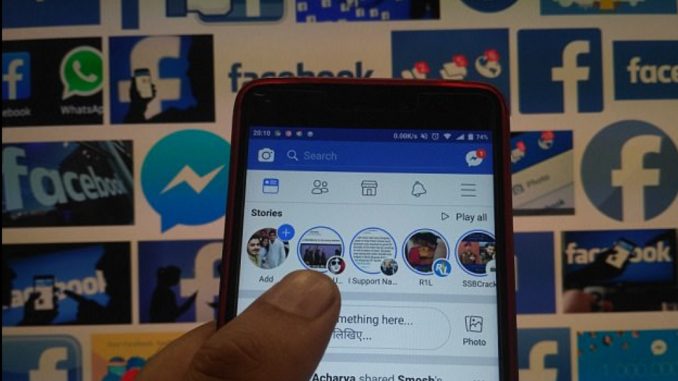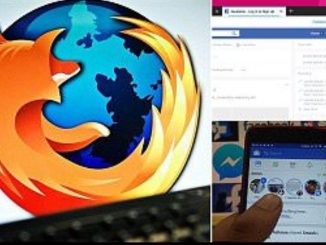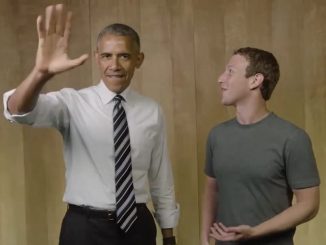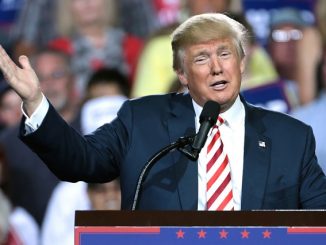
Public Relations: After days of silence in the wake of the Cambridge Analytica scandal, Facebook CEO Mark Zuckerberg has been talking up a storm. Given the kinds of things he’s been saying, it might be better if he went back to his Silent Zuck routine.
Case in point is his interview with Vox.com, in which Zuckerberg managed to generate a new round of bad press over Facebook’s privacy scandal, talked about having some sort of Supreme Court decide what constitutes “acceptable speech” and how Facebook (FB) hampers independent media outlets. Oh, and he apparently thinks patriotism is arcane.
The latest privacy flap came when Zuckerberg suggested that Facebook scans private messages sent over its Messenger app and blocks those it deems inappropriate.
Widget not in any sidebars
During the interview, he talked about blocking “sensational messages” that Facebook believed were meant to incite harm. “Our systems detect that that’s going on,” he said. “We stop those messages from going through.”
On Wednesday, Facebook officials confirmed the practice to Bloomberg.
The public response has not been favorable. One Twitter user commented “Facebook is the new NSA.” Another tweeted “Facebook: The world’s youngest surveillance state.”
When not talking about how Facebook is censoring private messages, Zuckerberg told Vox’s Ezra Klein about how he wants Facebook to censor content its users share, by acting like a government and setting up an independent body to determine what was “acceptable speech.”
“You can imagine,” he said, “some sort of structure, almost like a Supreme Court, that is made up of independent folks who don’t work for Facebook, who ultimately make the final judgment call on what should be acceptable speech in a community that reflects the social norms and values of people all around the world.”
It’s a good thing Zuckerberg wasn’t around when the founders were drafting the First Amendment.
But what exactly does he think would constitute global “social norms and values” in a world that includes countries where gays are executed, infidels killed, political opponents jailed, and free press suppressed?
Zuckerberg also talked about how his company “worked directly” with the German government to monitor content before elections there, saying that “if you work with the government in a country, they’ll actually have a fuller understanding of what is going on.”
That prompted the Wall Street Journal’s James Freeman to write: “The idea of Facebook working with governments around the world to filter news is more frightening than almost any commercial use of user data one can imagine.”
We could not agree more.
Zuckerberg then went on to explain how Facebook is tilting the playing field toward mainstream, liberal media outlets by boosting their ranking in its News Feed.
“We’ve surveyed people across the whole community and asked them whether they trust different news sources,” he said. Naturally, big-name news outlets made the list.
Even Klein, a liberal, balked at this, saying he felt Facebook was creating “a huge return to incumbency.”
The right-wing Breitbart news site put it more succinctly, saying Facebook was working to “crush new media.”
When not making bad press for Facebook, Zuckerberg had other peculiar things to say.
He talked about how the company has “done a lot of research into what drives well-being for people.” Apparently, that research didn’t turn up much, since researchers have found that social media use contributes to depression, and the latest IBD/TIPP poll finds that two-thirds think Facebook is harmful to society.
At another point, Zuckerberg appears to dismiss pride of country as old fashioned.
“One of the things I found heartening is if you ask millennials what they identify the most with, it’s not their nationality,” he said. “The plurality identifies as a citizen of the world. And that, I think, reflects the values of where we need to go.”
There is no doubt that Zuckerberg is a smart guy and savvy businessman. But maybe if he focused on things like protecting his users’ privacy — the one issue that has galvanized the public — rather than “We Are the World” fantasies and “acceptable speech” codes, his company wouldn’t be in so much trouble.







Be the first to comment